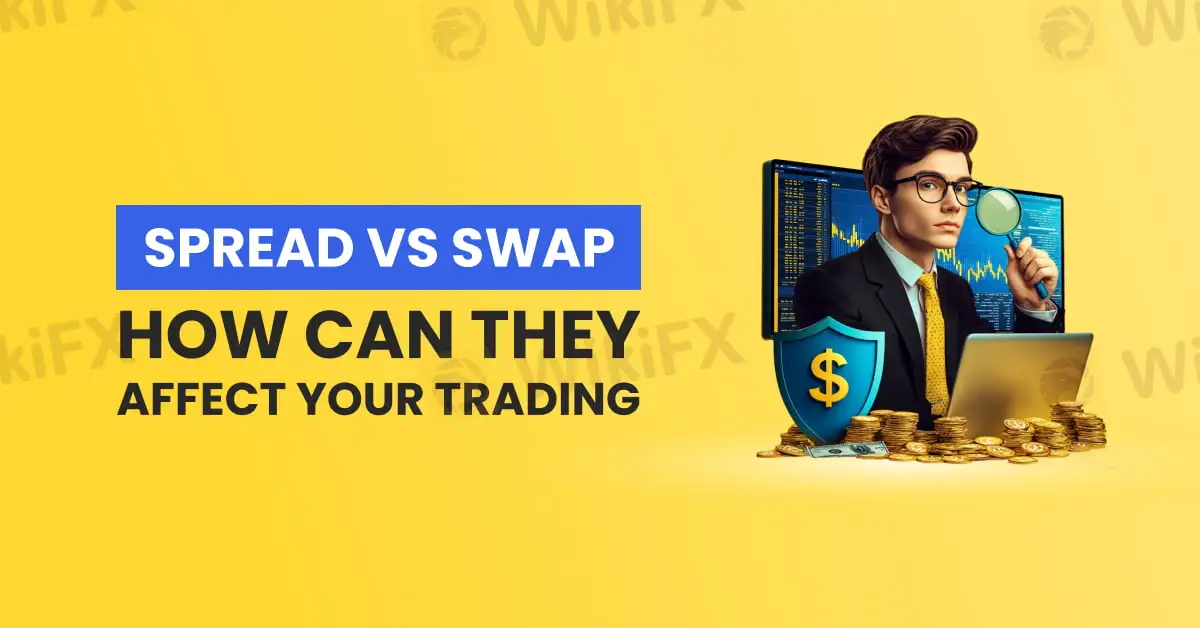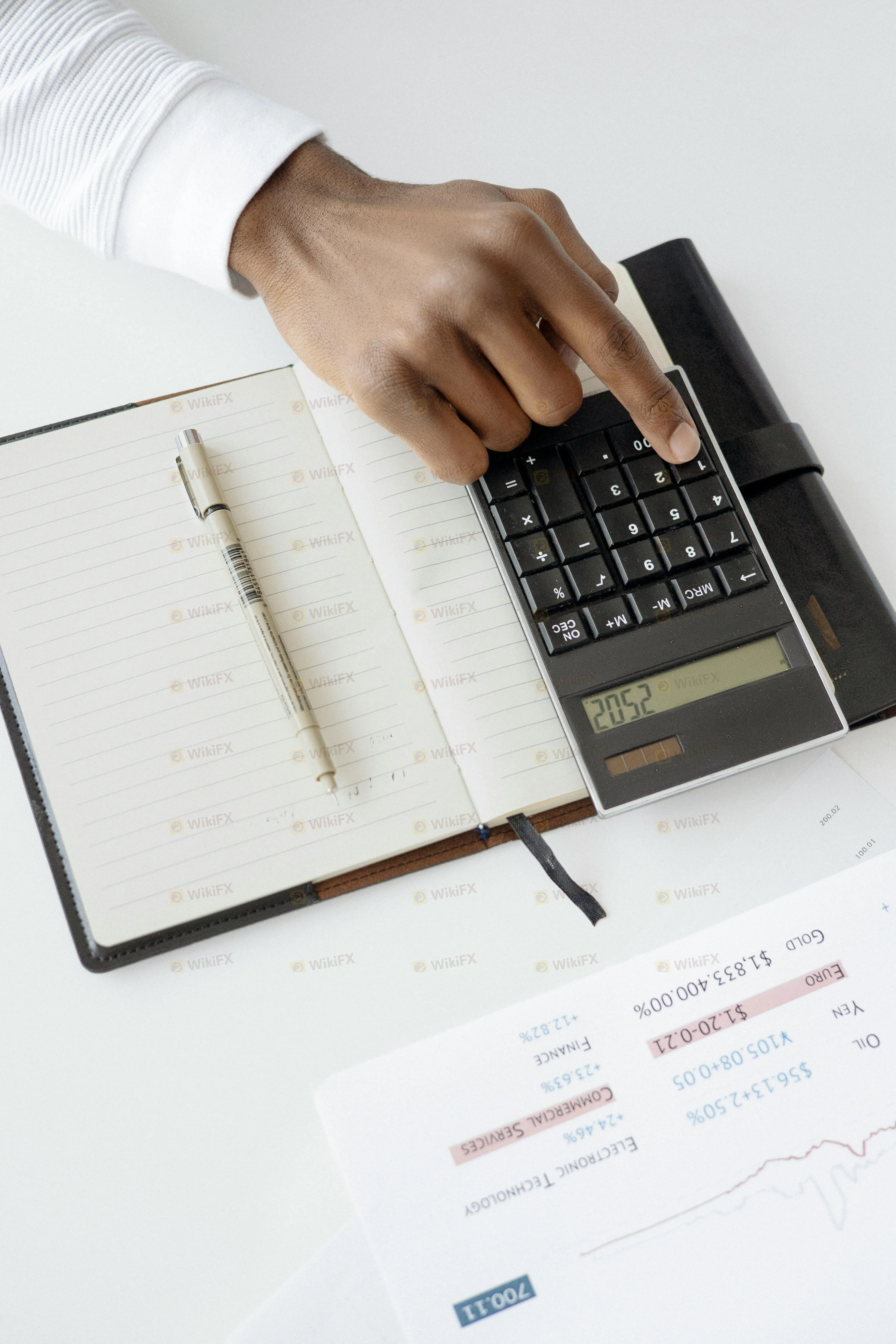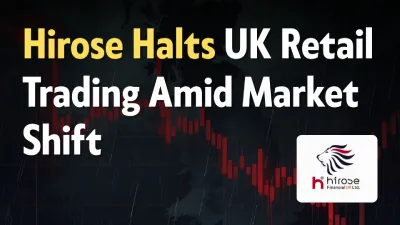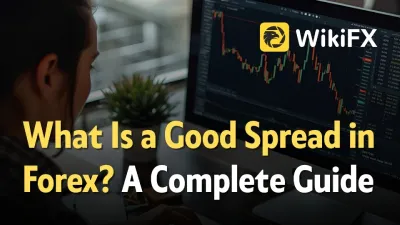Spread vs Swap: How Can They Affect Your Trading
Abstract:In forex trading, success is not only about predicting price movements correctly. It also depends on understanding the costs involved. Two of the most important charges that every trader should factor in are the spread and the swap. These are key components of the overall forex trading fee charged by brokers, and both can have a direct impact on the outcome of a trade.

In forex trading, success is not only about predicting price movements correctly. It also depends on understanding the costs involved. Two of the most important charges that every trader should factor in are the spread and the swap. These are key components of the overall forex trading fee charged by brokers, and both can have a direct impact on the outcome of a trade.

What is a Forex Spread?
At the heart of every trade lies the spread, which is the difference between the bid and ask price of a currency pair. In simple terms, it‘s the cost a trader pays to open a position, and it's often referred to as the trading spread. For example, if the EUR/USD is quoted at 1.1000/1.1002, the spread is 2 pips. This small difference represents the broker’s profit for facilitating the trade.
Understanding what a forex spread is essential, especially for traders who enter and exit positions frequently. For these market participants, even minor spreads can add up quickly and eat into potential gains. Some brokers with low spreads offer more cost-efficient trading environments, which is particularly beneficial for short-term strategies like scalping.
Spreads can be either fixed or variable. Fixed spreads stay the same regardless of market conditions, while variable spreads change based on liquidity and volatility. During major economic announcements or thin trading hours, variable spreads can widen significantly, thus raising the effective cost of trading.
What is a Forex Swap?
A swap, also known as an overnight fee, is charged (or occasionally paid) when a position is held overnight. This fee is based on the interest rate difference between the two currencies in the pair being traded. If the currency you are buying has a lower interest rate than the one you are selling, you may incur a negative swap. Conversely, if it has a higher rate, you might earn a positive swap. However, positive swaps are less common due to broker mark-ups and service charges.
Swaps are most relevant to swing traders and long-term investors, as these fees accumulate over time. Ignoring them can reduce profits or even turn a winning trade into a losing one over a longer holding period.

Read more

Hirose Halts UK Retail Trading Amid Market Shift
Hirose Financial UK suspends retail forex services, citing a shift toward institutional trading despite strong revenue growth.

What Is a Good Spread in Forex? A Complete Guide
A good forex spread is typically under 1 pip on major pairs in liquid hours; learn definitions, benchmarks, costs, and how to pick low‑spread brokers.

Vietnam “Elites’ View” Event Highlights: Key Insights - Confidence, Discipline
In the current global financial environment full of uncertainty, Vietnamese investors urgently need answers: How to build confidence? How to find balance between risk and mindset? Which new tools can truly protect them? WikiFX launched the “Vietnam Elites’ View” event in its community, where 12 distinguished guests shared their in-depth insights from the perspectives of trading practice, education and training, investment research analysis, and platform operations.

WikiFX Golden Insight Award Unveils New Judging Panel
In recognition of the outstanding contributions made by forex professionals in fostering a robust industry ecosystem, WikiFX has launched the “Golden Insight Award” — uniting brokers, IBs, KOLs, service providers, and various industry professionals to jointly drive transparency, security, and sustainable development in the global forex industry.
WikiFX Broker
Latest News
Behind the Licences: Is Pepperstone Really Safe for Malaysians?
Promised Recession... So Where Is It?
Hirose Halts UK Retail Trading Amid Market Shift
CONSOB Blocks EurotradeCFD’s Solve Smart, 4X News
FINRA Fines United Capital Markets $25,000
IBKR Jumps on September DARTs, Equity Growth
Oanda: A Closer Look at Its Licenses
FCA Urges Firms To Report Online Financial Crime
Service Sector Surveys Show Slowdown In September Despite Rebound In Employment
Rate Calc
